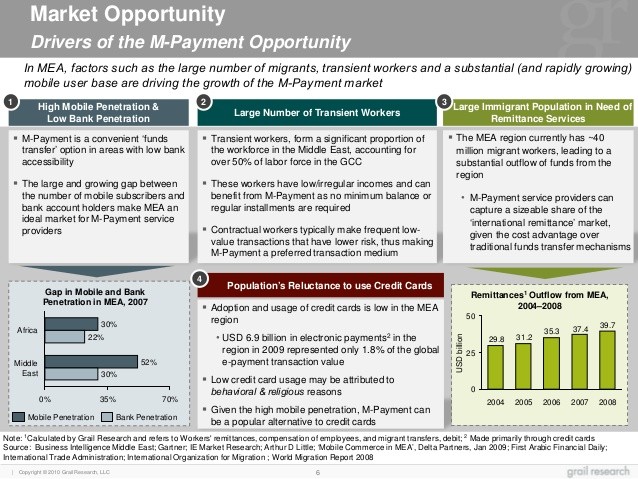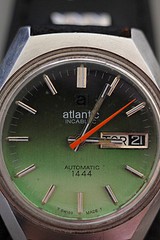Why Takeover News Zaps Acquirer s Stock
Post on: 16 Март, 2015 No Comment

Janet Whitman Staff Reporter of The Wall Street Journal
Updated July 21, 2002 12:01 a.m. ET
Pfizer’s stock price got clobbered last week when the drug maker announced plans for a $60 billion stock-swap acquisition of Pharmacia — whose shares immediately soared.
Why the disparity?
Pharmacia’s stock shot up because the acquirer proposed to pay an above-market price for the shares to complete the deal. This is a common pattern in takeover scenarios.
Seeking to capture the potential gains, takeover-stock speculators and other investors snapped up shares of Pharmacia, which skyrocketed 20% when the plan was unveiled Monday.
The possible factors behind the more than 10% sell-off in Pfizer’s shares are more varied. Corporate buyers usually — though not always — see their stock prices fall when they publicize a pending deal, for a number of reasons.
Turning Thumbs-Down
First there’s the crucial question of whether investors and Wall Street analysts approve of the deal.
They may think the buyer’s offer price is too sweet. Maybe the acquirer has a terrible track record from previous deals (although Pfizer — which successfully merged with rival Warner-Lambert in an earlier $115 billion deal — is an experienced buyer).
Also high on the list of considerations is the deal’s likely impact on the buyer’s earnings and whether a merger is a good fit, taking advantage of the strengths of the two companies to generate larger profits.
Another worry for some investors is that the two corporate cultures may clash as the deal creates a cumbersome behemoth that is beset by infighting.
How investors perceive these factors can cause the acquirer’s stock price either to sink or (much more rarely) soar. These days, in a tough market, skittish investors may be more inclined to sell and ask questions later.

There’s a perception that a lot of big deals haven’t worked. So people get scared and sell, says Tom Burnett, president of Merger Insight, an affiliate of Wall Street Access, which advises clients on mergers.
Another factor in a large all-stock transaction such as Pfizer’s is that the acquirer usually must issue a massive amount of new shares to complete the transaction. This can significantly reduce the value of the shares held by existing shareholders. So investors may sell their stock to avoid the potential dilution.
Short Selling
Finally, the blame for sudden losses after a deal is sometimes pinned on takeover-stock speculators — known on Wall Street as arbitragers.
In a merger arbitrage play, a trader buys shares of the target. At the same time, the trader borrows, then sells — or shorts — shares of the acquiring company to lock in the gap, or the spread, between the target’s stock price and the implied value of the acquirer’s offer. These traders hope to profit as the spread, which can trade at double-digit percentages, narrows closer to zero.
As they lock in those bets, especially in the first few days after a merger has been announced, takeover traders are thought to play a role in both the rally in a target’s stock and the corresponding decline in the acquirer’s share price.
So far this year, acquirers announcing deals in the U.S. valued at $1 billion or more saw an average drop of more than 4% on the day the merger was revealed, according to Thomson Financial.














